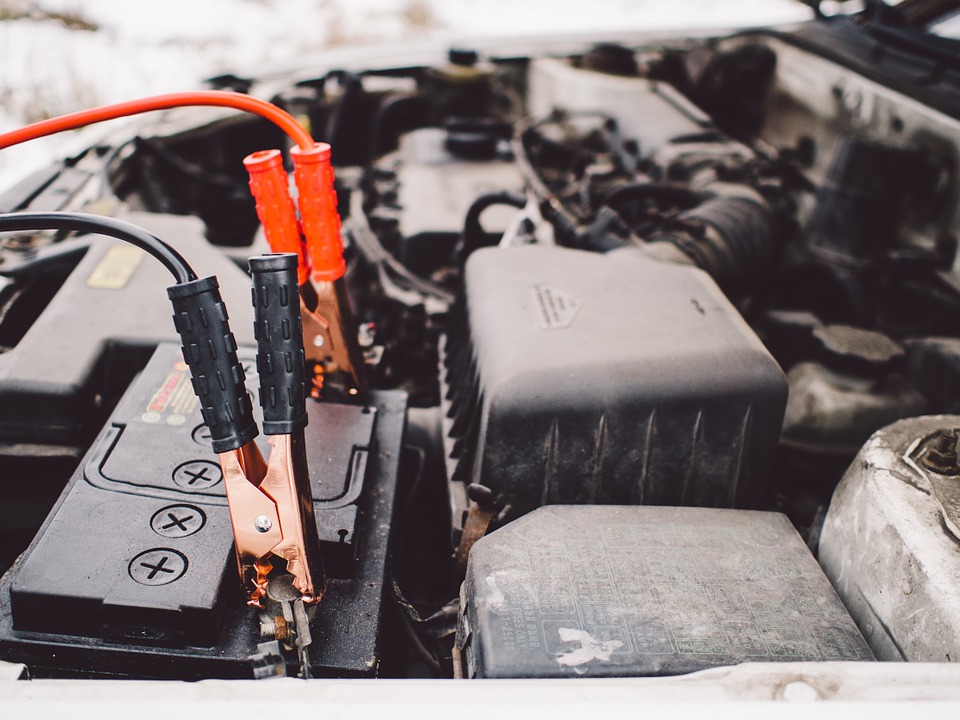Leasing a car is a common way of acquiring a car. It is a popular way of auto financing, which allows a person to “rent” a vehicle from a dealership for a certain period of time and number of miles. In other words, you make monthly payments on a vehicle and the dealer will allow you to drive it. Additionally, at the end of the lease, you will have to return the car back to the dealer or buy it out if you want to keep it. However, in order to so, you need to make sure that this option is part of your lease agreement. To put it all together, when you lease a car, you are paying to drive it but not to own.
Car leases are highly attractive to a lot of people, however, it is also important to detect all the pitfalls that come along with leasing a car. In order to understand whether this method is applicable to you, we will examine all the pros and cons associated with leasing a car.
- Pro: lease payments rate are lower than in comparison to loan payment
You do not need to be a financial expert to compare the lease payment rates and loan payment rates. You will notice that you can get the same car by choosing the lease agreement over the loan agreement. In the vast majority of cases, lease payments are lower than loans.
In order to make it clear, consider the following example. If you allocate a specific amount of money in your monthly budget towards a car payment, you will be able to drive a more luxurious car when leasing compared to when you make a loan payment to buy a car.
- Pro: ability to get a new car every few years
Normally, leasing involves a 3-year contract. By signing this contract you will be able to get a new car already after 36 months, with a new car warranty, latest safety technologies and, in some cases, even free scheduled maintenance.
The only expenses that you will incur, apart from monthly lease payments, are regular tire rotations and oil changes. Even if it happens that you have chosen a car that eventually you do not like, you do not need to wait too long in order to change it.
- Pro: no difficulties at the end of a lease agreement
Normally, when people decide to change a car, they encounter numerous problems with getting rid of the old one. But, this is not the case for the lease contracts. When the contract ends, the only thing you have to do is to return the car in the condition, mentioned in the contract, hand over the keys and simply walk away. As you see, there is no need to encounter any problems regarding the paperwork and negotiation associated with selling an old car.
- Con: you are not the owner of a car
As was mentioned before, leasing a car means that a dealer allows you to drive but not own. To make clear: leasing is similar to renting, meaning that you cannot do everything you want with it. Additionally, you have to maintain a car’s perfect condition and you are also not allowed to personalize or modify it. Apart from that, leasing a car means that you will have to follow the annual mileage restriction, therefore, if you are not ready to follow this rule, leasing is definitely not for you.
- Con: financial penalties for extra mileage and damages
A car is a car and a road is a road. There is always a possibility of beating it up. It is already painful if you do that, but it is even more painful if it is a leased car. When you bring the car back to the dealer be ready to get exposed to financial penalties for the poor condition of the vehicle or excess mileage. Undoubtedly you can buy the car at the end of the lease but in that way, you will be stuck with a vehicle in a poor condition or the one with high miles, which you will have to try to trade in to a dealer or sell it privately.
- Con: an agreement is an agreement
You are going to make monthly payments for the foreseeable future unless you eventually buy a car rather than lease one. All those lease car payments combined with potential financial penalties make leasing a vehicle more expensive in the long run.





